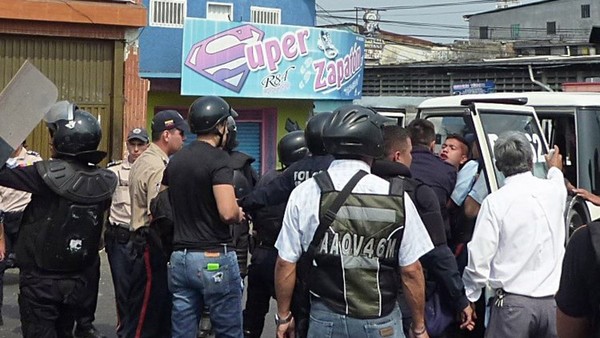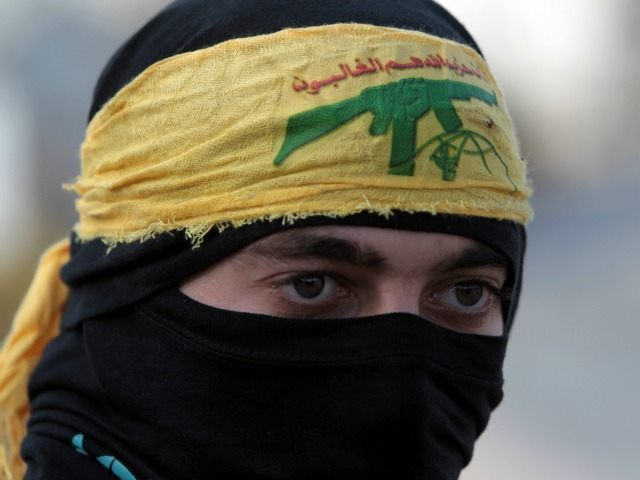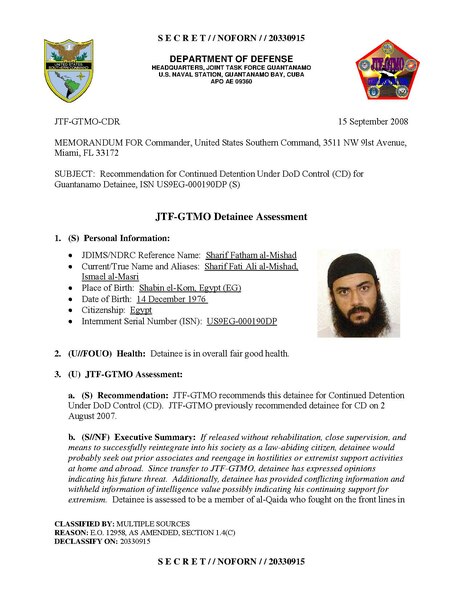The government at the Federal and local level knows the consequences and the threat. Sadly, objectives by the Democrats and the Obama White House dismiss factual conditions that threaten lives and safety. There was a paramount reason Ellis Island operated the way it did, even with flaws.
JW: A government official warned employees deploying for the influx of illegal immigrant minors about health and safety risks because the new arrivals would have tuberculosis and some were young adults—not children—like the Obama administration proclaimed, according to records obtained by Judicial Watch. “We might as well plan on many of the kids having TB,” states a June 26, 2014 guidance e-mail from a Centers for Disease Control (CDC) environmental health scientist, Alaric C. Denton, as the agency prepared to handle the crisis. “Most of these kids are not immunized, so we need to make sure all our staff are immunized.” Denton, who is stationed at the CDC headquarters in Atlanta, Georgia, predicts in the directive that the agency will be overwhelmed pretty quickly and that screening requirements will be hard to keep up with.
Judicial Watch had to sue the CDC’s umbrella agency, the Department of Health and Human Services, (HHS) for the records. Though chunks have been redacted, the documents contradict the Obama administration’s public statements dismissing possible health and safety risks created by the tens of thousands of Unaccompanied Alien Children (UAC) fleeing violence in Central America. The CDC official reveals in the documents obtained by JW as a result of the lawsuit that “some of these kids are not really kids they are young adults, and we should be wary of personal safety.” JW reported this early on, when the first group of UACs arrived through the Mexican border in the summer of 2014. Homeland Security sources directly involved with the mess told JW that holding centers were jam-packed, rampant with diseases and sexually active teenagers. A veteran Border Patrol officer who heads the agency’s Tucson sector quickly established that many of the UACs were not little kids but rather 17-year-olds with possible ties to gang members in the U.S.
Weeks later JW reported that the nation’s most violent street gangs—including Mara Salvatrucha or MS-13—were actively recruiting new members at U.S. shelters housing illegal immigrant minors. A high-level Homeland Security source told JW the gangs used Red Cross phones at the shelters to communicate with the new recruits. Last fall the Texas Department of Public Safety confirmed that the MS-13 has been fortified and able to remain a top tier gang thanks to the influx of illegal alien gang members that recently crossed into the state. The MS-13 is a feared street gang of mostly Central American illegal immigrants that’s spread throughout the U.S. and is renowned for drug distribution, murder, rape, robbery, home invasions, kidnappings, vandalism and other violent crimes. The Justice Department’s National Gang Intelligence Center (NGIC) says criminal street gangs like the MS-13 are responsible for the majority of violent crimes in the U.S. and are the primary distributors of most illicit drugs.
This new batch of government records, part of an ongoing JW investigation into the UAC disaster, indicate the administration was well aware of the danger in allowing hordes of illegal immigrant youths to enter and stay in the U.S. At the very least it flies in the face of the administration’s false narrative involving the key issues of health and safety surrounding the new arrivals which have been relocated throughout the nation. Denton, the CDC environmental health scientist who warned colleagues prior to deployment, works at the agency’s Environmental, Safety and Health Compliance Office (ESHCO). Officials from other federal agencies, including the Food and Drug Administration (FDA) and the Environmental Protection Agency (EPA), were also involved in the exchanges. JW will continue receiving records from the government involving this issue as part of an agreement, supervised by a federal judge, stemming from our lawsuit.
*****
Wait there is more.
AP Exclusive: Color index for US border security is rejected
SAN DIEGO (AP) — Five years ago, the U.S. Department of Homeland Security dropped its color-coded terror threat index developed after the 9/11 attacks amid widespread confusion and ridicule. So what did it do when tasked by Secretary Jeh Johnson in 2014 with measuring security along the country’s borders?
Agency staff proposed another system of reds, yellows and greens.
The Institute for Defense Analyses, a consulting firm, was hired by DHS to review the idea and found the index simplistic and misleading, noting that colors were a “disaster” for communicating terror threats.
“DHS should learn from its own history and avoid repeating this error,” the consultants said in its 53-page report.
The DHS proposal was never made public, nor was the consulting firm’s $90,000 review. A copy of the report was obtained by The Associated Press and when AP this week asked the agency whether it would move ahead with the index, spokeswoman Gillian Christensen said: “Currently, there are no color-coded border security indexes or metrics being considered by the Department of Homeland Security.”
It was one of the latest attempts by the government to come up with a way to measure border security and help the public understand whether the billions of dollars devoted to it each year are being spent wisely.
In 2010, Homeland Security ended a five-year experiment measuring miles under “operational control,” where the Border Patrol was likely to capture illegal crossers. It reported only about 40 percent controlled in 2010, providing ammunition to those who argue the border is porous.
Then in 2013, Johnson’s predecessor, Janet Napolitano, abandoned plans for what was called the Border Conditions Index, which would have relied on various economic, crime and enforcement data.
John Sandweg, who was senior counselor to Napolitano, said there was internal consensus about what made up the index but not about how much weight to give each factor.
Sandweg, who advised the secretary when the color terror alert system was dropped, said he doesn’t see the value of a similar color-coded approach to the border.
“It seems to me like an oversimplification of a very complex problem,” he said.
The consultants hired by Johnson agreed.
“The red/yellow/green formulation, while intuitively attractive and easy to understand, will open the Department to charges that it is manipulating a complex problem in an effort to be seen as responding to public concerns,” the report said.
When the report was completed in June, California and New Mexico/West Texas were green (low risk) during the previous quarter, Arizona was yellow (medium risk), and South Texas was red (high risk). The consultants said that reality was more nuanced.
“A new set of metrics should work against this simplistic perception rather than reinforcing it. Instead, the new index does the opposite, by reporting the level of border security in just three large baskets, two of which (red and yellow) are likely to be seen by the public as evidence of a border ‘not controlled,'” the report said.
The consultants identified other problems. A color index might lead reporters with an appetite for eye-catching headlines to produce misleading stories of an out-of-control border. And DHS relations with Congress could be further strained, with administration officials constantly having to defend their color choices.
For example, a West Texas congressman would demand to know why his district is rated low risk when voters tell him the opposite. A South Texas congressman would want lots more money if the administration acknowledges his district is high risk, the report said.
Now, the most closely-watched public indicator is Border Patrol apprehensions, released annually. The number fell to a 44-year low last year, a figure cited by those who argue the border is relatively secure. But there is broad agreement that the apprehension tally gives an incomplete picture, just as a police department’s arrest count doesn’t fully reflect how safe a city is.
The color-coded index would have relied on 12 indicators for land borders and seven for maritime borders, each one weighted under a formula that produces reds, yellows and greens. Those indicators ranged from the number of border crossers with known or suspected terrorist ties to marijuana seizures.
The consultants’ report speaks favorably about developing a “dashboard” of key numbers, as many police departments do. Homeland Security recently began publishing the percent of illegal border crossers it says are caught or turned back — 80 percent in the 2015 fiscal year — and has developed other measures, including the percent caught who are repeat offenders.
FILE – In this Jan. 4, 2016 file photo, a U.S. Border Patrol agent drives near the U.S.-Mexico border fence in Sunland Park, N.M. U.S. Department of Homeland Security Secretary Jeh Johnson has rejected a new proposal of color-coded alerts to measure border security after a consultant called the system simplistic and misleading. (AP Photo/Russell Contreras, File)
FILE – In this Jan. 4, 2016 file photo, a U.S. Border Patrol agent drives near the U.S.-Mexico border fence in Sunland Park, N.M. U.S. Department of Homeland Security Secretary Jeh Johnson has rejected a new proposal of color-coded alerts to measure border security after a consultant called the system simplistic and misleading. (AP Photo/Russell Contreras, File)






 Fine art dealer and billionaire David Nahmad. Photo: AP Photo / Lionel Cironneau
Fine art dealer and billionaire David Nahmad. Photo: AP Photo / Lionel Cironneau








